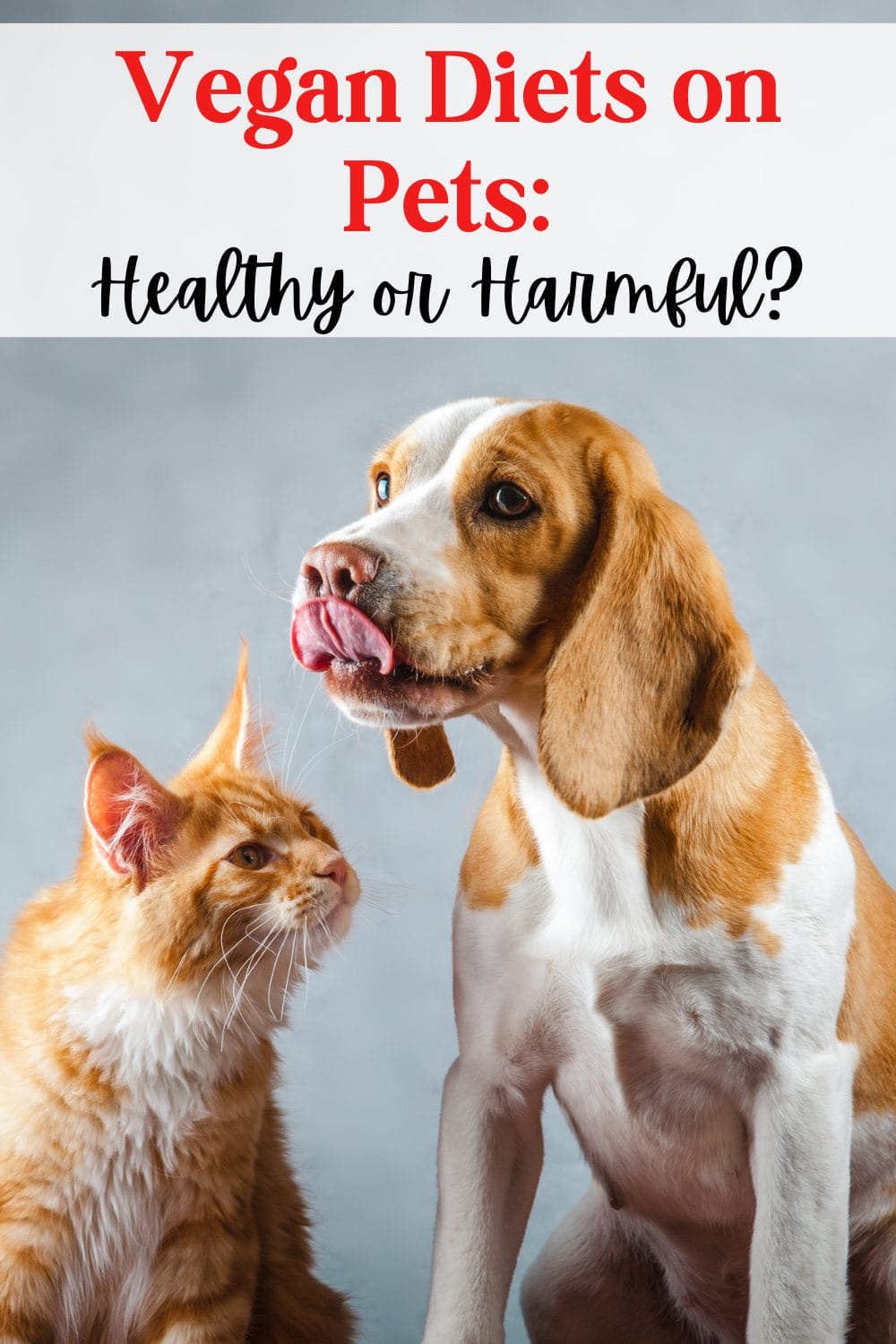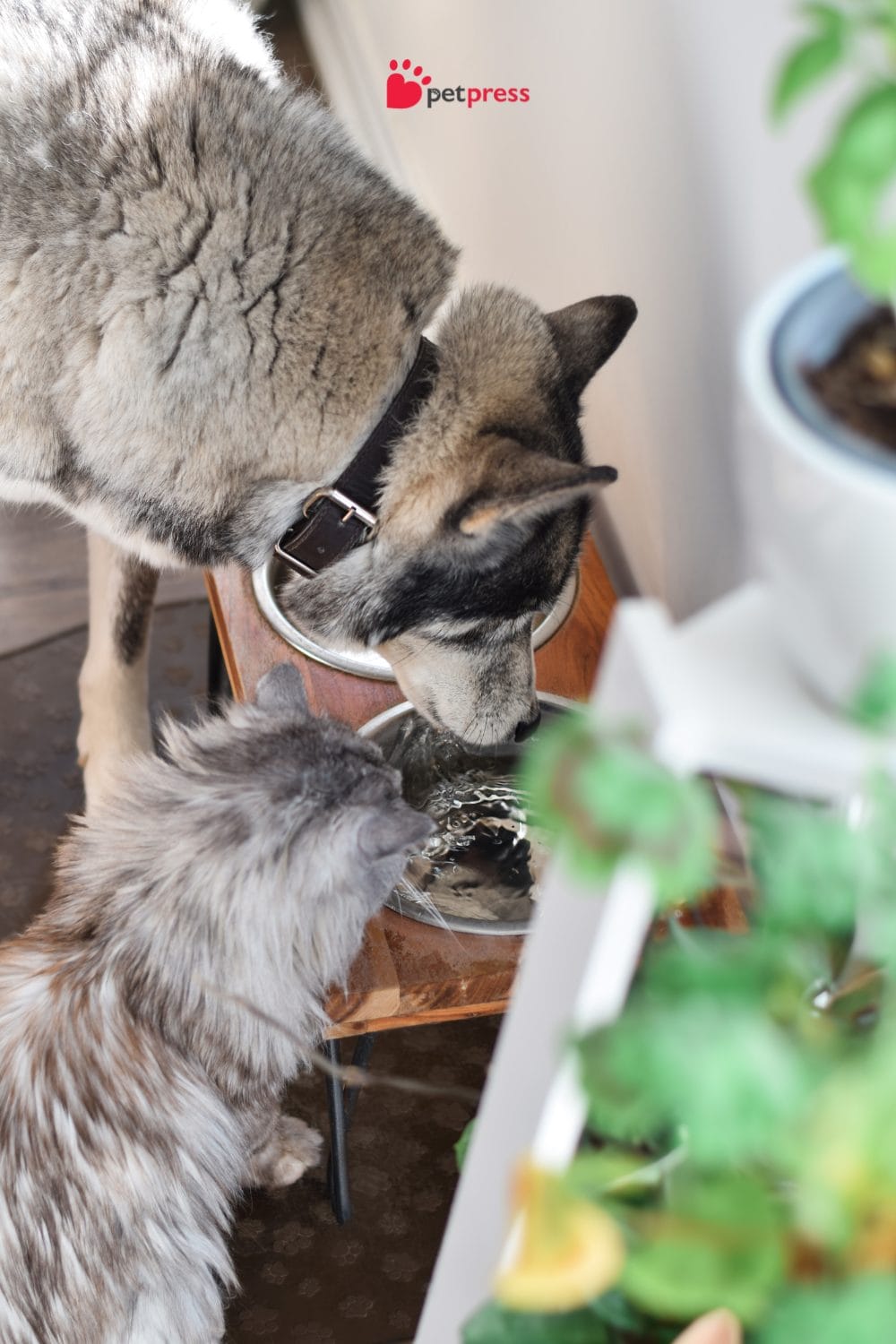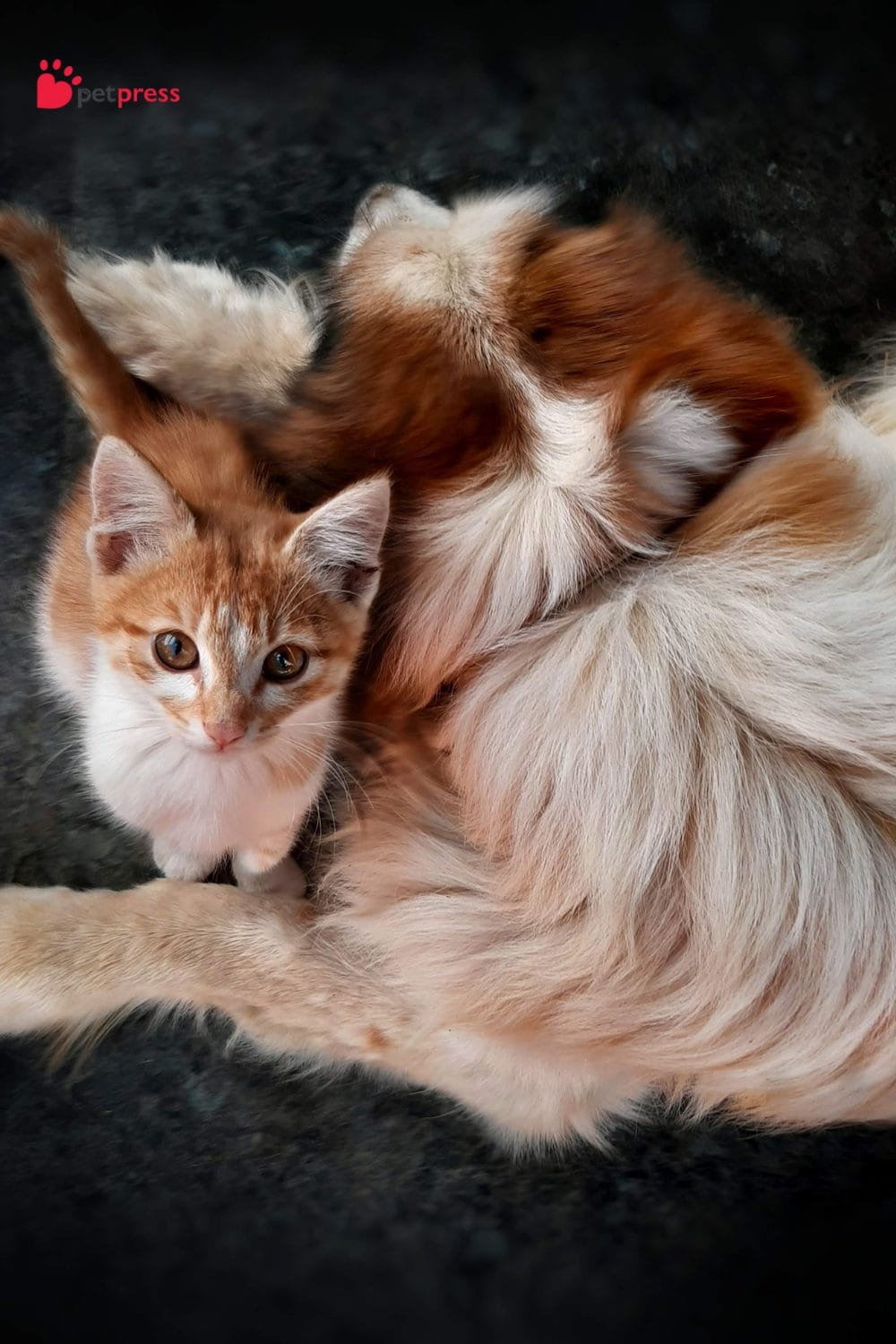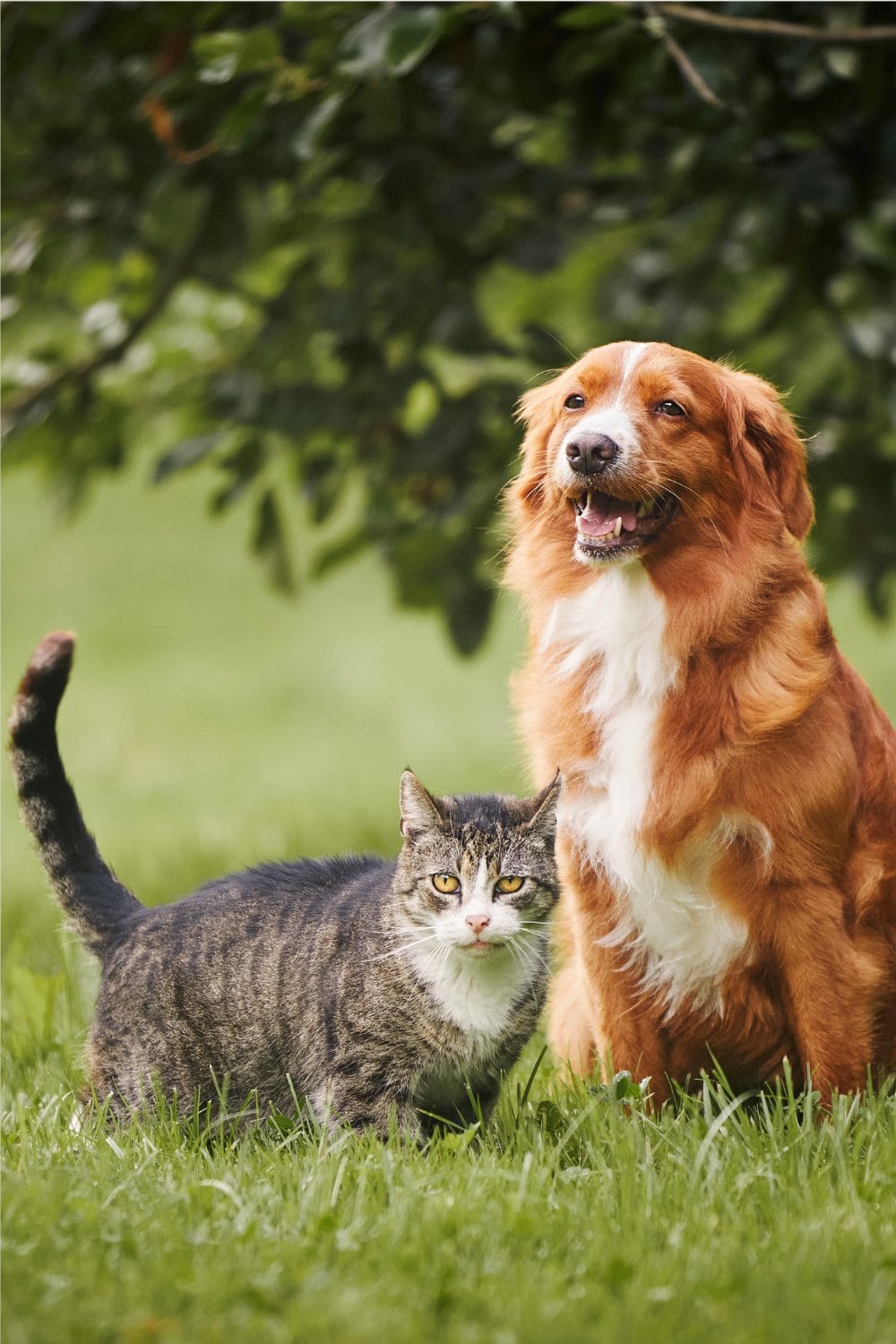
Have you ever heard about vegan diets on pets? It’s a hot topic among pet lovers today. Many pet owners are switching their furry friends to plant-based meals. They believe it’s healthier and kinder to the planet.
But why choose a vegan diet for your pet? Some think it helps with allergies and weight control. Others feel it’s a more ethical choice, avoiding harm to other animals. Let’s dive into whether a vegan diet is good or bad for pets.
What Are Vegan Diets?
Vegan diets on pets mean feeding them only plant-based foods. This diet excludes meat, dairy, and all other animal products. It focuses on grains, vegetables, and fruits.
Traditional pet diets usually include a mix of meat, grains, and veggies. They often have animal-based proteins, which are essential for pets. In contrast, vegan pet diets replace these with plant-based proteins. It’s a big change for most pets used to eating meat.
Why Choose a Vegan Diet for Pets?
Many pet owners opt for vegan diets for their pets for health and ethical reasons. They hope to avoid animal cruelty and reduce animal suffering. This diet is also seen as a way to minimize the environmental impact of pet food production.
Health Benefits
Some owners have noticed improvements in their pets’ health on a vegan diet. Reports include better coat condition, fewer digestive issues, and increased energy levels. Always consult a vet to ensure their nutritional needs are met.
Environmental Benefits
Choosing a vegan diet for pets can also help the planet. It reduces the demand for meat-based pet food, which in turn lowers greenhouse gas emissions. This can be a small but meaningful step towards ecological sustainability.
Heartfelt Connection
Seeing your pet thrive on a diet that also helps other animals can deepen the bond between you. It aligns your values with your lifestyle, including how you care for your pet. This connection can bring immense joy and satisfaction to conscientious pet owners.

Concerns with Vegan Diets for Pets
Nutritional Risks and Challenges: Switching pets to vegan diets can lead to nutritional gaps. Pets may miss essential proteins and amino acids found mostly in meat. This can affect their overall health and energy levels.
Common Health Concerns of Veterinarians: Veterinarians often worry about vitamin deficiencies in pets on vegan diets. For example, dogs and cats need vitamins like B12 and D3, usually sourced from animal products. A lack of these can cause serious health issues.
Balancing the Diet: Ensuring a balanced diet is tough with vegan pet food. Pets need a specific blend of nutrients to stay healthy. It’s crucial to consult with a vet to prevent dietary imbalances that could harm your pet.
By understanding these risks and working closely with a vet, pet owners can better navigate the complex world of vegan diets for pets.

Safe Implementation of Vegan Diets for Pets
Switching your pet to a vegan diet needs careful planning. It’s crucial to ensure they still get all their essential nutrients.
- Start by mixing a small amount of vegan pet food with their current diet. Gradually increase the vegan portion over several weeks. This helps their digestive system adjust without distress.
- Keep a close eye on your pet’s reaction to the new diet. Look out for any changes in their energy levels or coat condition. These can be signs of how well they’re adapting.
- Always consult with a veterinarian before changing your pet’s diet. They can provide personalized advice based on your pet’s health needs.
- Regular check-ups are important to monitor their health status on a vegan diet.
- Your vet might suggest specific supplements to ensure a balanced diet. Ensuring your pet gets enough protein, vitamins, and minerals is critical. This helps prevent any nutritional deficiencies.
By following these steps and seeking professional advice, you can make a more informed decision about introducing vegan diets to your pets. This ensures their health and happiness without compromising on their nutritional needs.

Conclusion
Navigating the world of vegan diets on pets can be quite a journey! We’ve seen that there are both benefits and risks when it comes to feeding your furry friends a plant-based diet. From potentially helping with allergies to the concern over missing crucial nutrients, the decision isn’t black and white.
It’s essential to remember that every pet is an individual. What works for one might not work for another. Consulting with a vet before making any dietary changes is crucial. They can provide personalized advice based on your pet’s specific health needs.
Switching to a vegan diet for your pet is a big decision. Make sure you’re doing it with all the right information and professional guidance. After all, the goal is to ensure a long, healthy, and happy life for your beloved companion.
FAQs
With careful planning and vet supervision, a vegan diet can be safe for dogs, ensuring they get all the necessary nutrients.
Yes, but careful attention is needed to source high-quality plant-based proteins that fulfill your pet’s nutritional requirements.
Try different brands and types of vegan pet food. Some pets may take time to adjust, or they might prefer certain textures or flavors.
Not all pets thrive on a vegan diet. Dogs might adapt better than cats, who are obligate carnivores and require animal protein.
The biggest concerns are nutritional deficiencies, particularly in proteins, vitamins, and minerals that are primarily found in animal products.
- Does Cat Litter Melt Ice? The Complete Guide to Winter Safety - January 30, 2026
- Happy Tail Dogs: Understanding This Common Canine Condition - January 29, 2026
- How Cold Can Outdoor Cats Handle? Feline Winter Safety - January 27, 2026


GIPHY App Key not set. Please check settings